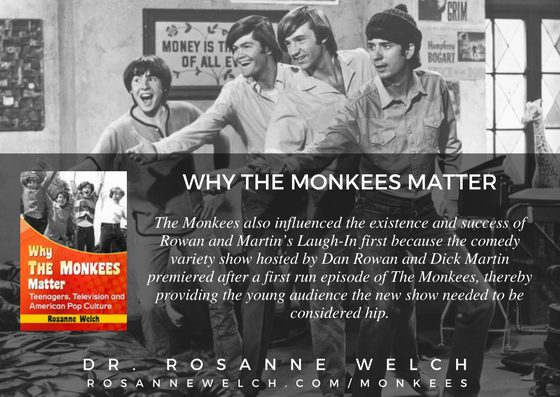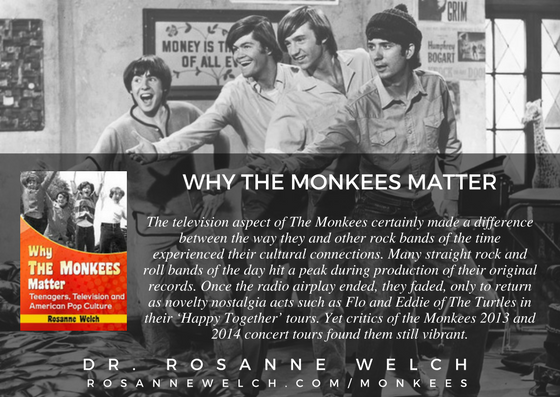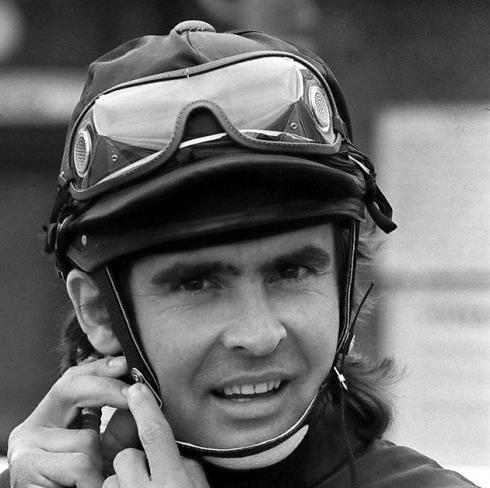17 When Women Write Gidget from How Gidget Got Into the Girl Ghetto with Dr. Rosanne Welch
Watch this entire presentation
Transcript:
If we flip back to Flippen, and now she’s taking her friend seriously. This friend, Larue, is being bullied at school so talk about an interesting theme that is still very prevalent right? And it’s her friend Gidget who stands by her and doesn’t care what the other girls think. “You’re still my friend.” It’s because Larue likes to ride horses more than she wants to get a boyfriend and the girls don’t respect her for that. So again, a girl interested in a sport that she wants to be better at. That’s the kind of friend Gidget wants to have, not a friend who goes shopping and kisses boys all the time. So she takes care of her friend, the Dad helps out, which I think is really pretty, and in the end, again, we go back to, “As long as a girl’s got something to love, all’s right with the world and it can be an ocean, a horse, a friend of just incidentally, a boy.” Men are not the most important catch in her life. I think that’s really cool. Written by a woman in a TV show.
At this year’s 10th Annual Screenwriting Research Network Conference at Otago University in Dunedin, New Zealand I presented…
“How Gidget Got Into the Girl Ghetto by Accident (and How We Can Get Her Out of it): Demoting Gidget: The Little Girl with Big Ideas from Edgy Coming of Age Novel to Babe on the Beach Genre Film via Choices made in the Adaptation Process.”
It’ a long title, as I joke up front, but covers the process of adapting the true life story of Kathy Kohner (nicknamed ‘Gidget’ by the group of male surfers who she spent the summers with in Malibu in the 1950s) into the film and television series that are better remembered than the novel. The novel had been well-received upon publication, even compared to A Catcher in the Rye, but has mistakenly been relegated to the ‘girl ghetto’ of films. Some of the adaptations turned the focus away from the coming of age story of a young woman who gained respect for her talent at a male craft – surfing – and instead turned the focus far too much on Kathy being boy crazy.
Along the way I found interesting comparisons between how female writers treated the main character while adapting the novel and how male writers treated the character.
Dr. Rosanne Welch
Dr. Rosanne Welch teaches the History of Screenwriting and One-Hour Drama for the Stephens College MFA in Screenwriting.
Writing/producing credits include Beverly Hills 90210, Picket Fences, ABCNEWS: Nightline and Touched by an Angel. In 2016 she published the book Why The Monkees Matter: Teenagers, Television and American Pop; co-edited Women in American History: A Social, Political, and Cultural Encyclopedia; and placed “Transmitting Culture Transnationally Via the Characterization of Parents in Police Procedurals” in the New Review of Film and Television Studies. Essays appear in Torchwood Declassified: Investigating Mainstream Cult Television and Doctor Who and Race: An Anthology. Welch serves as Book Reviews editor for Journal of Screenwriting and on the Editorial Advisory Board for Written By magazine, the magazine of the Writers Guild.
Watch Dr. Welch’s talk “The Importance of Having a Female Voice in the Room” at the 2016 TEDxCPP.
The Screenwriting Research Network is a research group consisting of scholars, reflective practitioners and practice-based researchers interested in research on screenwriting. The aim is to rethink the screenplay in relation to its histories, theories, values and creative practices.
Podcast: Play in new window | Download
Subscribe: RSS
![17 When Women Write Gidget from How Gidget Got Into the Girl Ghetto with Dr. Rosanne Welch [Video] (0:54)](https://rosannewelch.com/wp-content/uploads/2018/04/gidget-srn-17-women-gidget.jpeg)



![07 Terry Nation, Doctor Who and MacGyver from Gender Diversity in the Who-niverse [Video] (0:50)](https://rosannewelch.com/wp-content/uploads/2018/04/gender-dw-07-terry-nation.jpeg)

![16 Men Writing Gidget from How Gidget Got Into the Girl Ghetto with Dr. Rosanne Welch [Video] (0:57)](https://rosannewelch.com/wp-content/uploads/2018/04/gidget-srn-16-written-by-man.jpeg)
![06 Barbara Is 1st Strong Female Character from Gender Diversity in the Who-niverse [Video] (0:25)](https://rosannewelch.com/wp-content/uploads/2018/04/gender-dw-06-barbara.jpeg)


